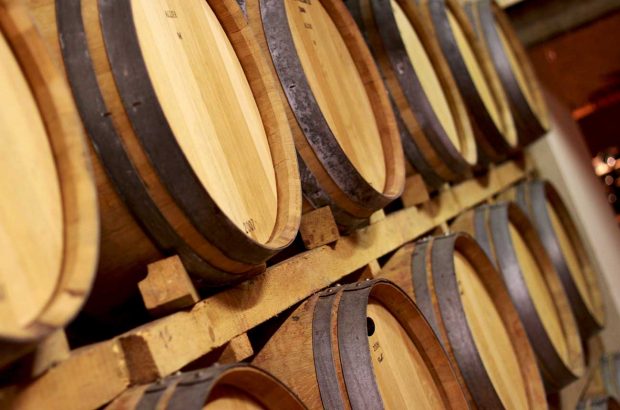Salt in wine? Surely not! But what are wine experts referring to when using the word 'saline' in wine tasting notes? Stephen Brook answers that question for Decanter.
Ask Decanter: Yes, you can taste salt in wine – sometimes
David Baxter, from Nottingham, asks: Recently I’ve noticed the word ‘saline’ cropping up in more tasting notes. Surely wine can’t be salty. So what are your experts referring to?
Stephen Brook, for Decanter, replies: You’re right, saline has been creeping into tasting notes. But it’s not entirely without meaning. There are white wines – from Sicily, for example – that have a salty tang which may (or may not) be related to proximity to the sea.
I think of ‘saline’ as a cousin to ‘mineral’. We think we can detect mineral tones in, say, a Mosel Riesling or a Puligny-Montrachet, and that’s not entirely fanciful either.
Similarly, salinity does often seem appropriate when describing wine.
To confuse matters further, Italian tasters also refer to sapidità (sapidity), which is dictionary-defined as having a strong, pleasant flavour, but in Italian it seems to carry overtones of salinity too.
Stephen Brook is an awarded wine writer, author and judge has been a Decanter contributing editor for 19 years.
-
More Ask Decanter articles
-
Read also: How to read wine tasting notes
-
Read more notes and queries every month in Decanter magazine. Subscribe to the latest issue here
-
Got a question for Decanter’s experts? Email us: editor@decanter.com

White Burgundy and burning match smell is ‘not a fault’ – ask Decanter
Jasper Morris MW explains what is happening...

How to tell a dumb wine from a bottle past its best – ask Decanter
Charles Curtis MW offers his best tips...

Do crémants age as well as Champagne? – Ask Decanter
Does Crémant de Bourgogne age as well as Champagne?

Can wine get too cold? – Ask Decanter
Can wine get so cold that it actually damage the wine? Tony Aspler answers that question for Decanter





